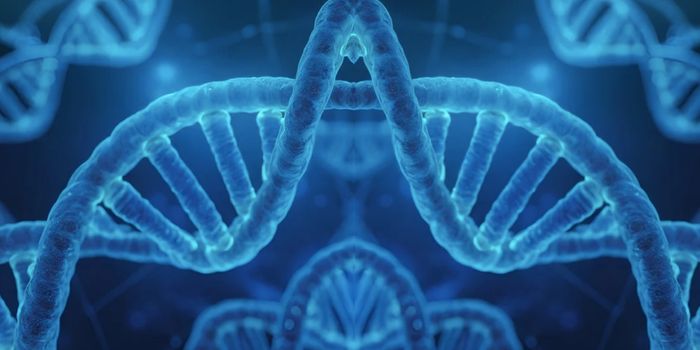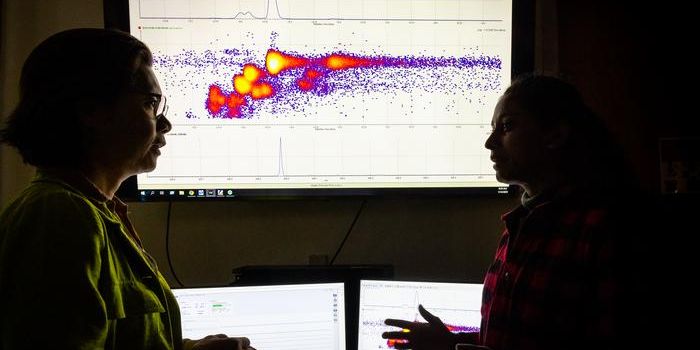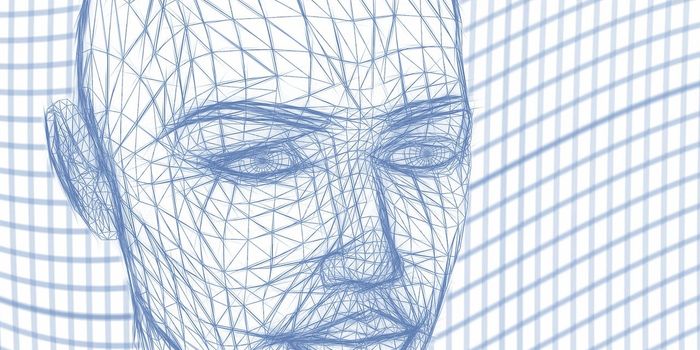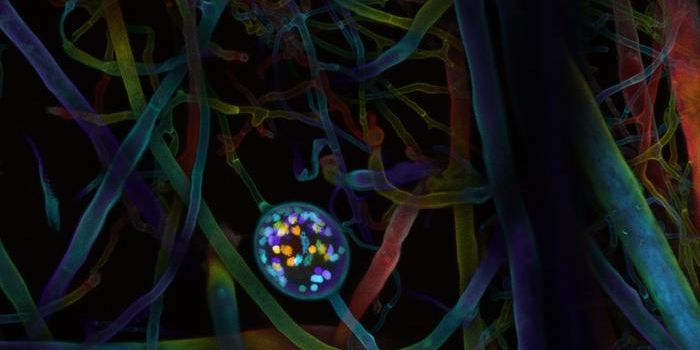Gut Microbiome From Elite Atheletes Improves Mouse Health
The microbial community in the human gut can have a significant impact on many different aspects of human health and biology. For example, the gut microbiome has a crucial role in metabolism, and not only helps us digest food and absorb nutrients, but can also affect how energy is used. Studies have shown that the gut microbiome can have an influence on exercise capacity; when there are fewer gut bugs, there is less rescue capacity for exercise, probably in part because there is less fuel, like glucose, being absorbed in the intestine. A lack of microbes that generate short chain fatty acids (SCFAs) and are beneficial to human health also has a detrimental effect in exercise.
In a new study published in Cell Reports, researchers collected samples of the gut microbiomes of people with various activity levels and transferred them into a mouse model to observe the effects. Fifty healthy individuals of normal weight participated in this study, and their activity levels ranged; the group included inactive people, and elite cyclists or soccer players. These individuals were asked to consume foods that had been standardized so that the researchers could attempt to look only at how exercise levels affected the gut microbiome, attempting to remove confounding variables that may be introduced by different foods.
The gut microbiome samples were obtained by collecting fecal samples and isolating the bacteria from them. These bacteria were then characterized; the researchers looked at the composition and diversity of these cells, as well as density and metabolic activity. Exercise testing was also performed on the participants.
Some of these microbiome samples were then transplanted into mice that had been pre-treated with antibiotics to reduce their own gut microbiomes.
This work showed that while athletes with high aerobic capacities surprisingly had less bacterial diversity, they did carry more bacteria that generate SCFAs. Two species that generate SCFAs, called Prevotella copri and Phascolarctobacterium succinatutens, were found to live in gut microbiomes that were better at oxidizing fats and expending energy during exercise.
The mice that were transplanted with microbiota from human donors with high exercise capacity then showed more sensitivity to insulin, and higher levels of glycogen in muscle compared to mice that got other gut samples. A higher level of microbial diversity was not needed for these benefits, contrary to previous conclusions.
Although these mice were more sensitive to insulin and better at using glycogen, they did not show higher running endurance. So the researchers suggested that while some of the metabolic benefits can be easily transferred simply by transplanting a microbiome, other benefits like true athleticism won't be gained so easily.
These metabolic benefits could still be very useful to some people, however. More research will be needed to determine whether fecal microbiota transplants will ever be widely used to improve human health, although it could be an unusual and low-cost way to bring some health benefits to people who need them.
Sources: Medical Express, Cell Reports









